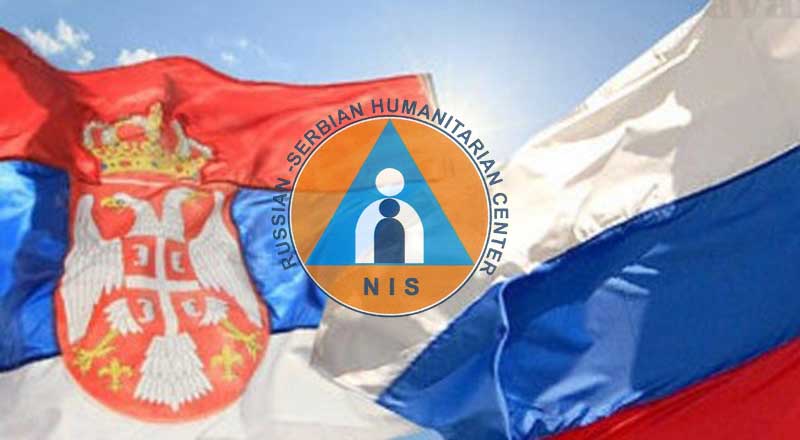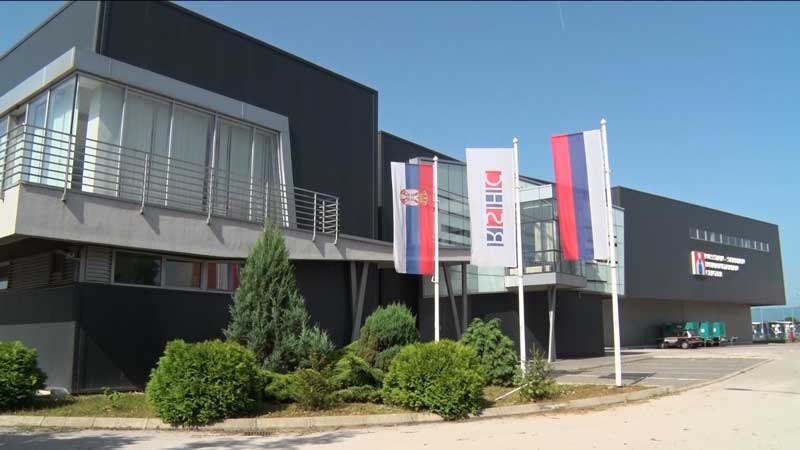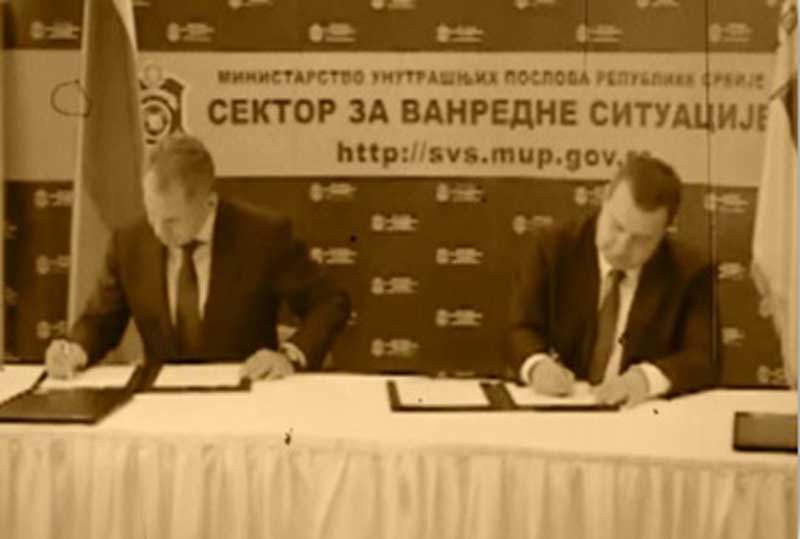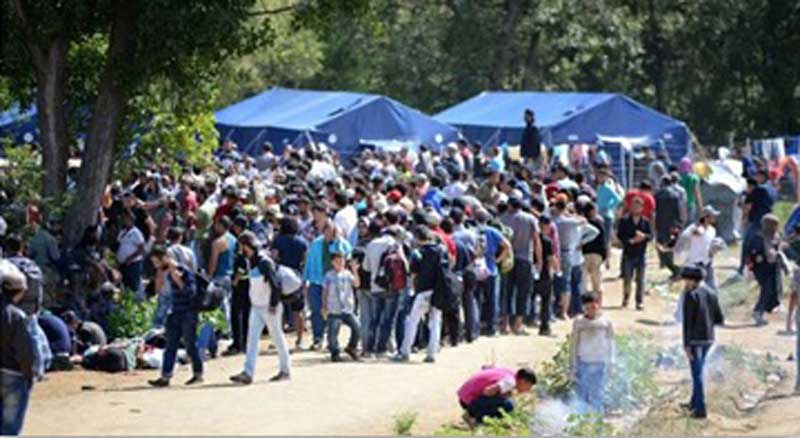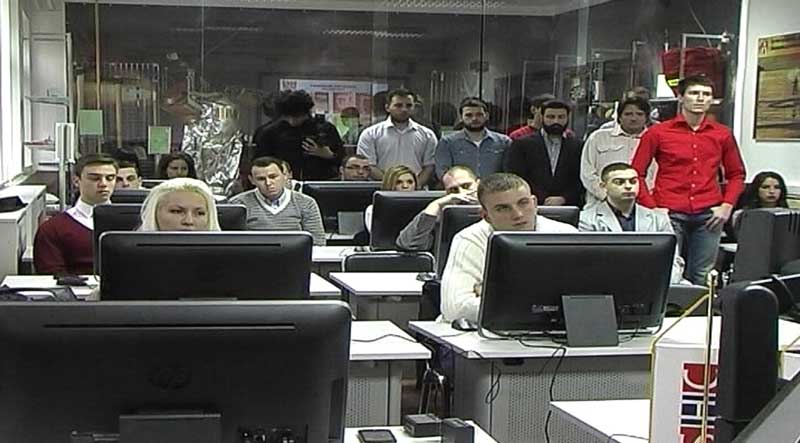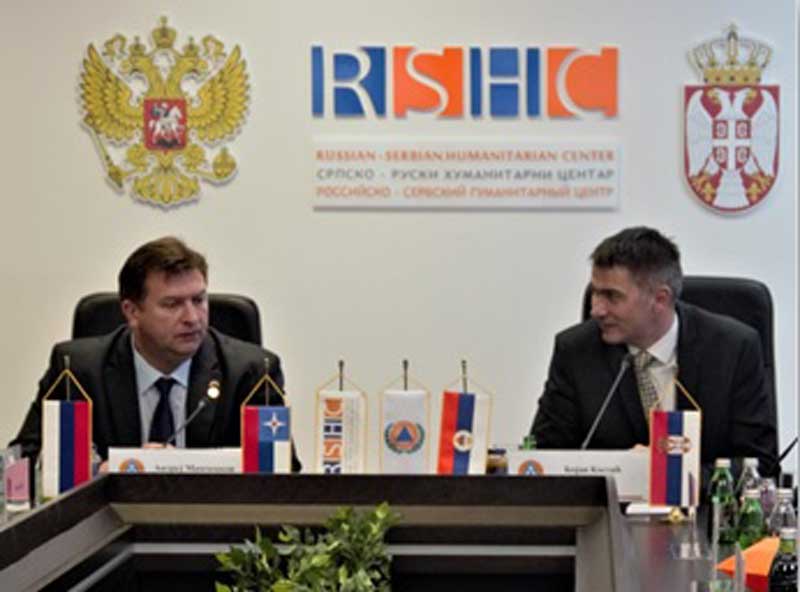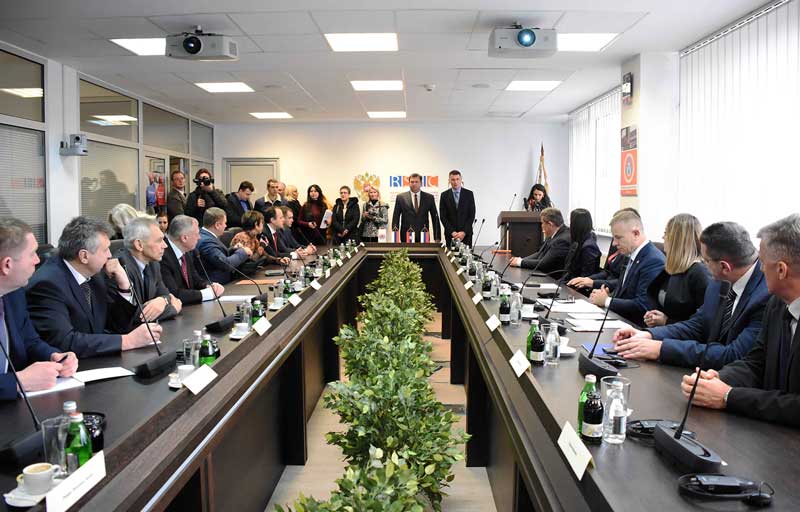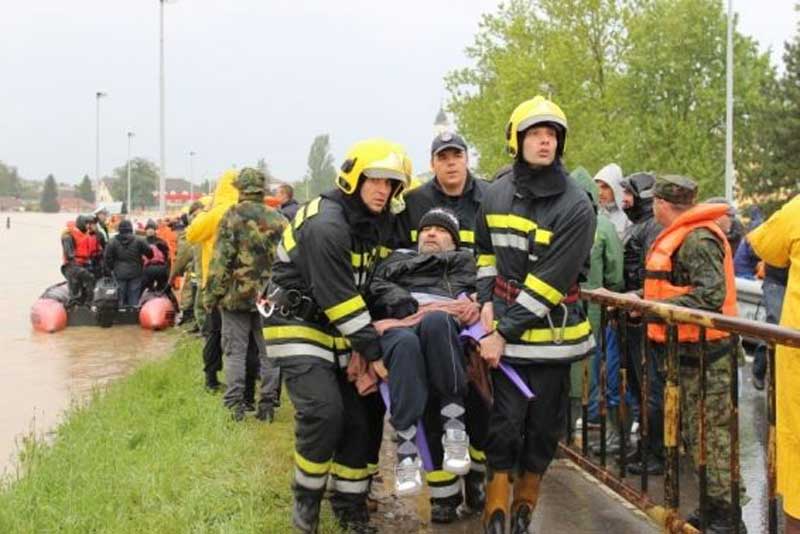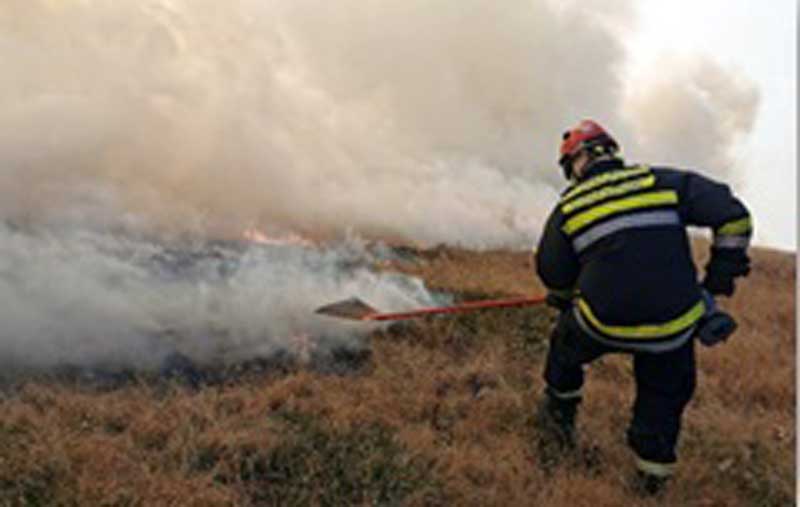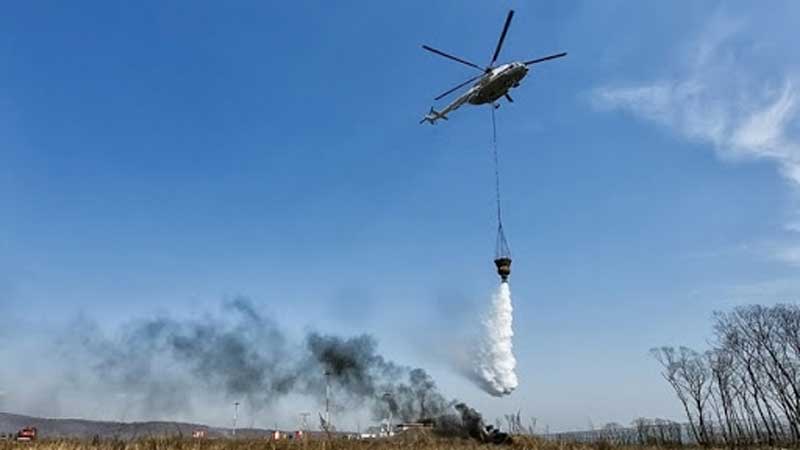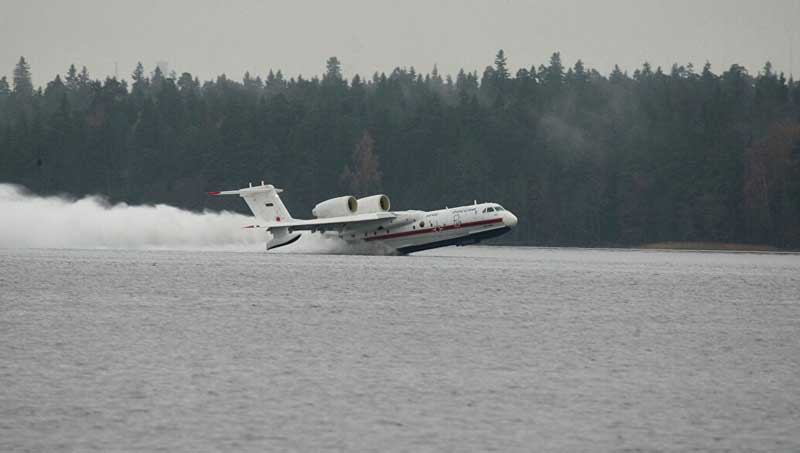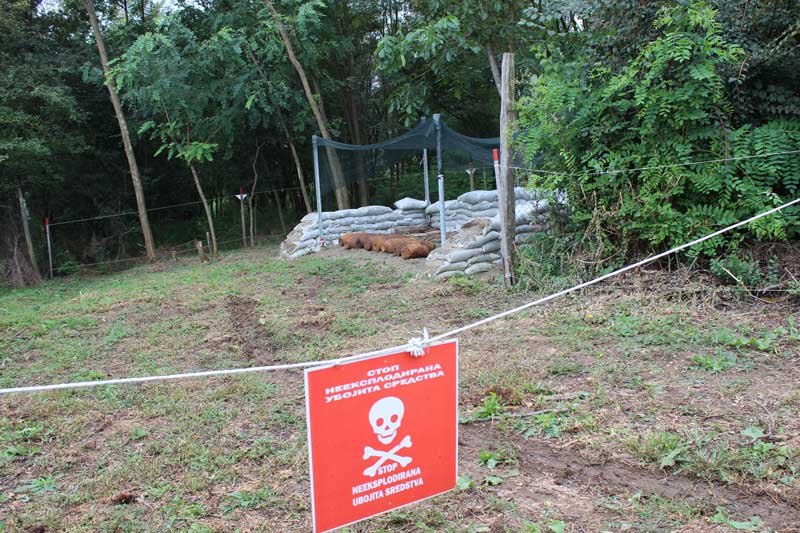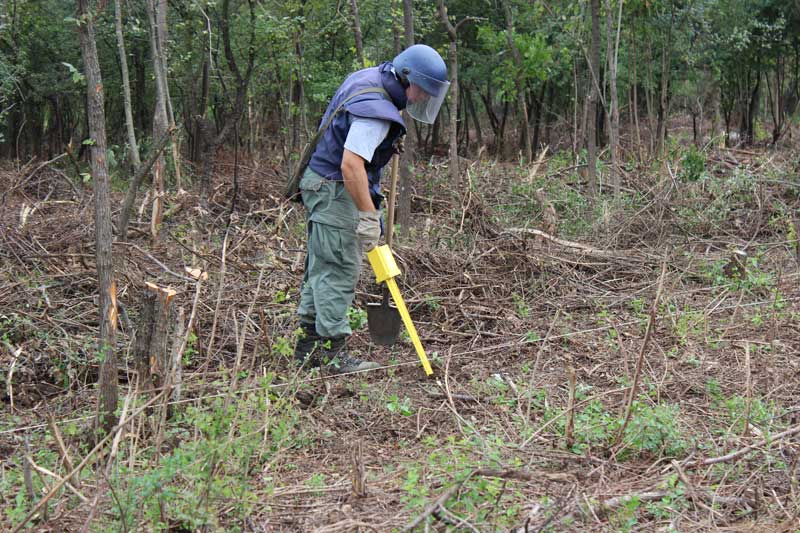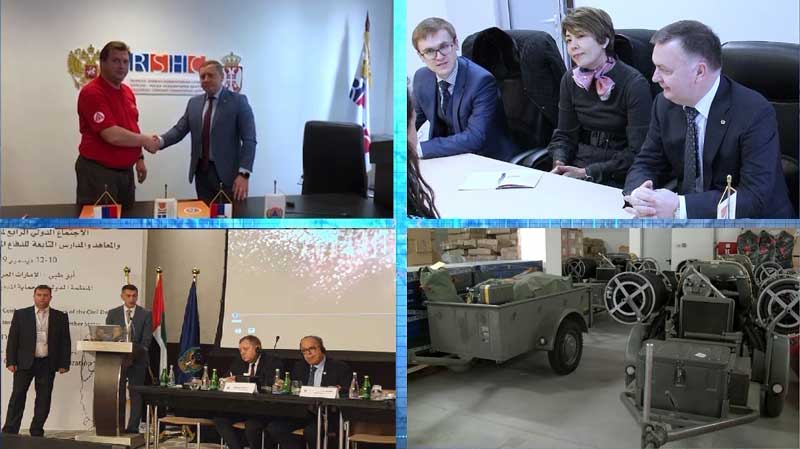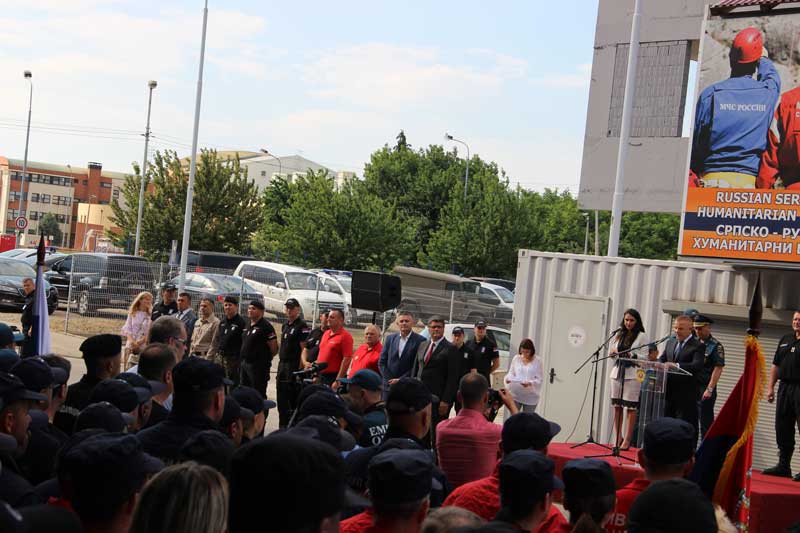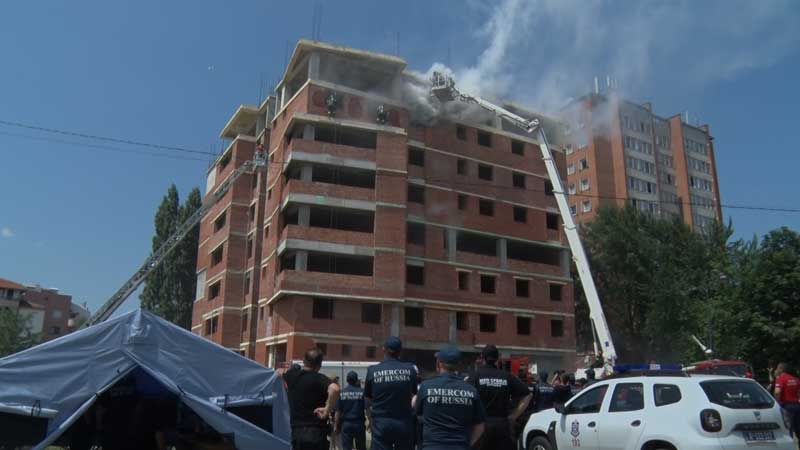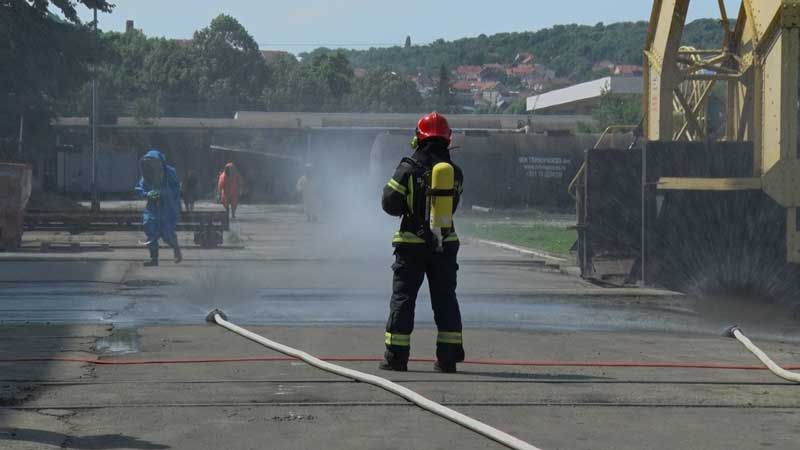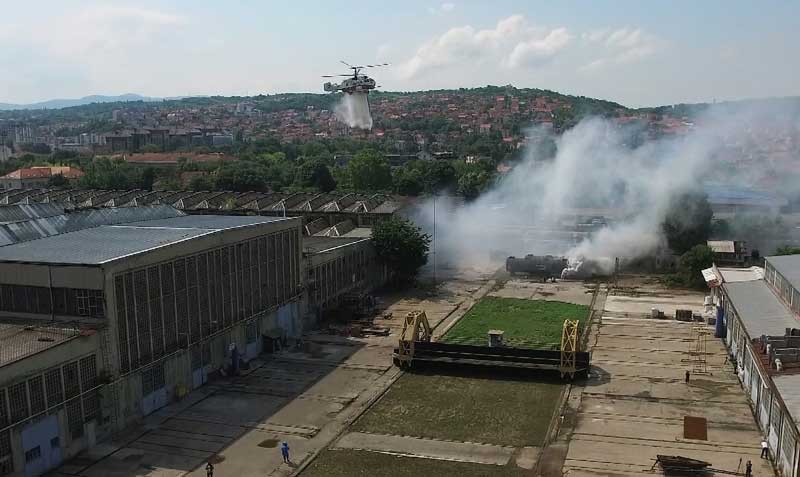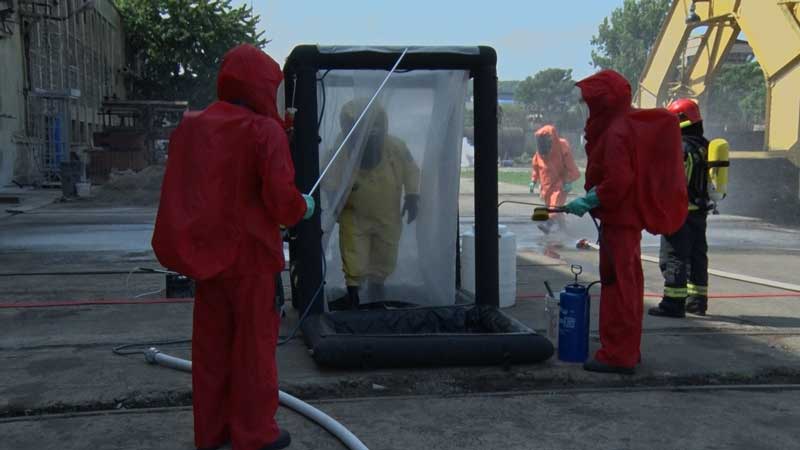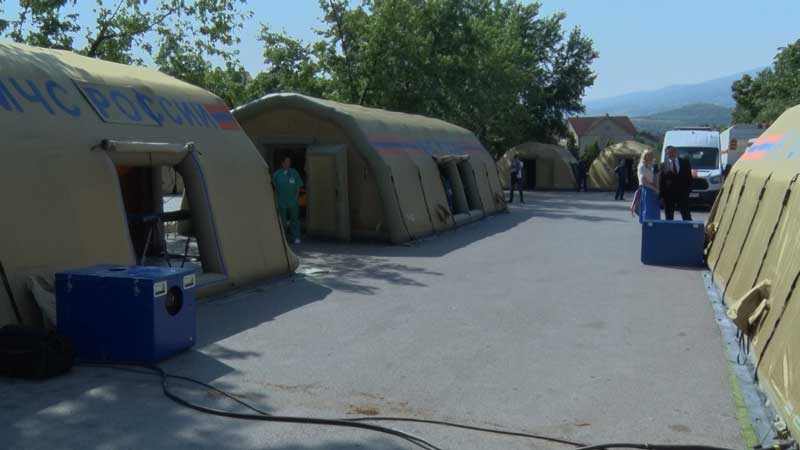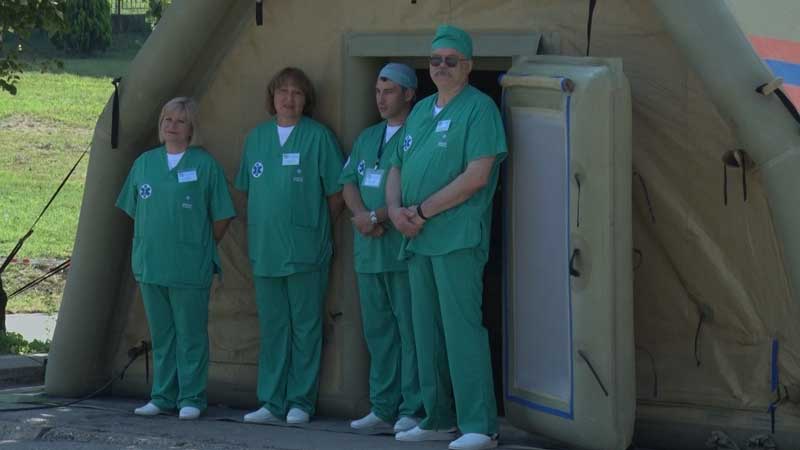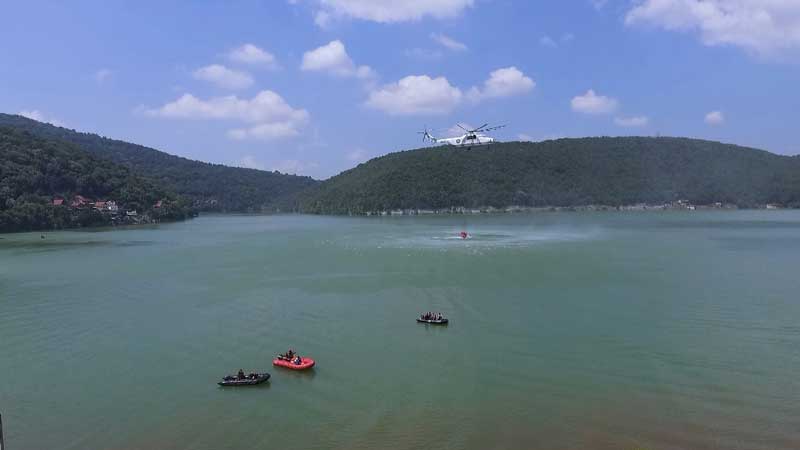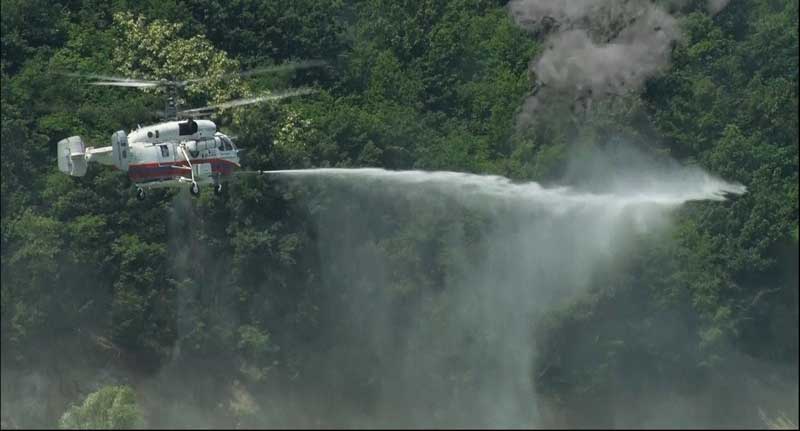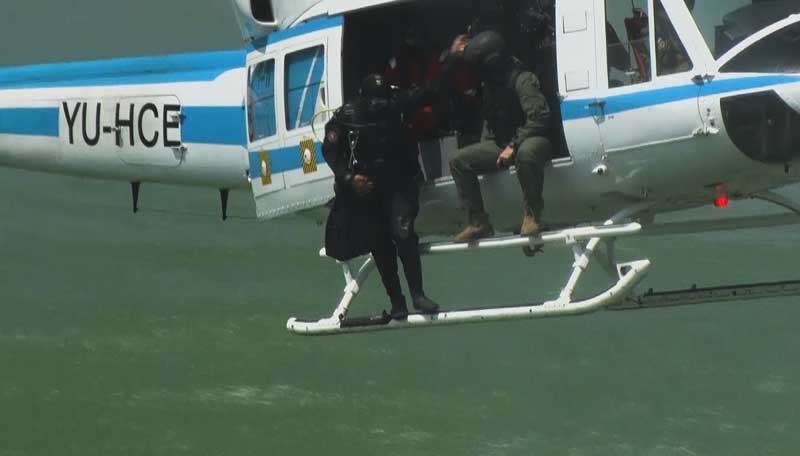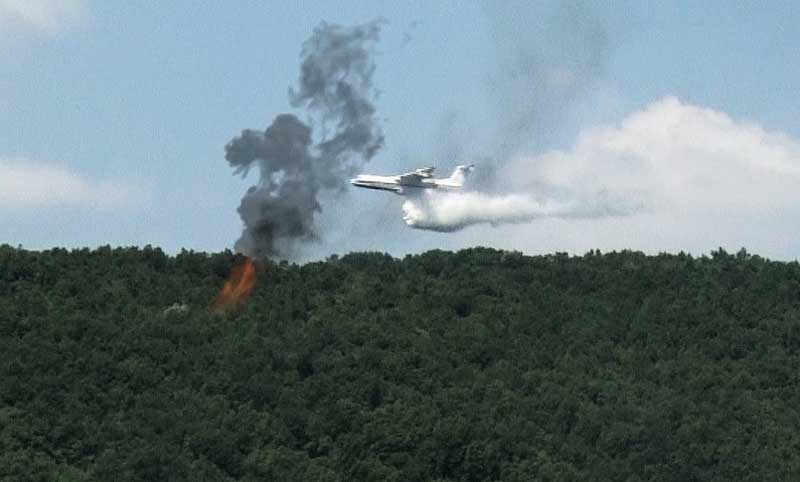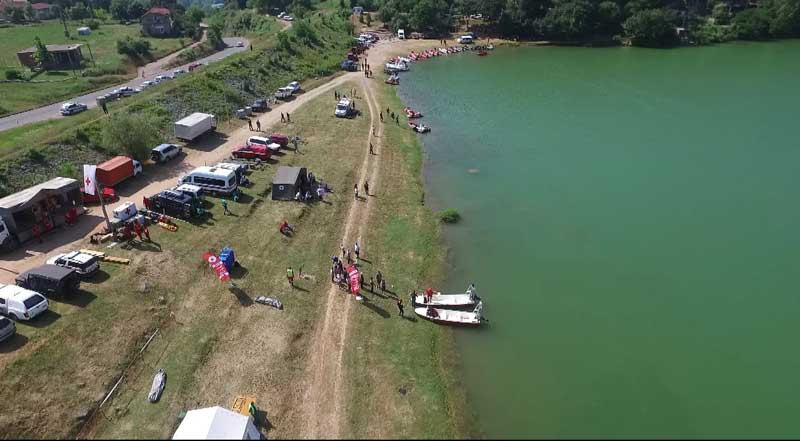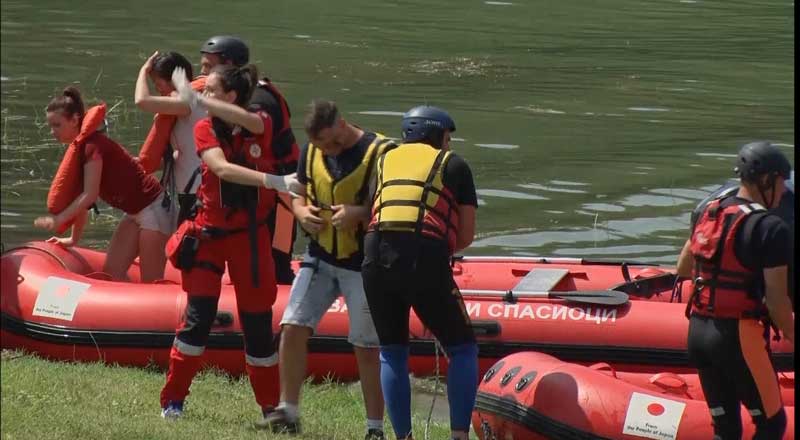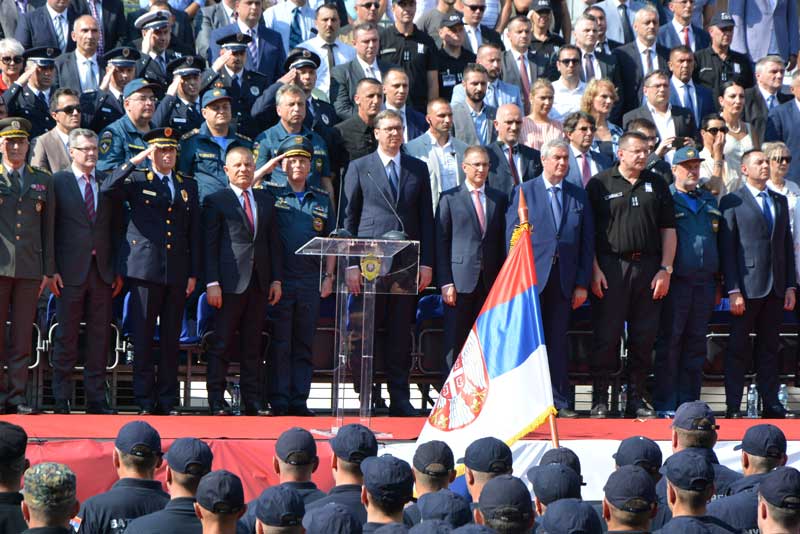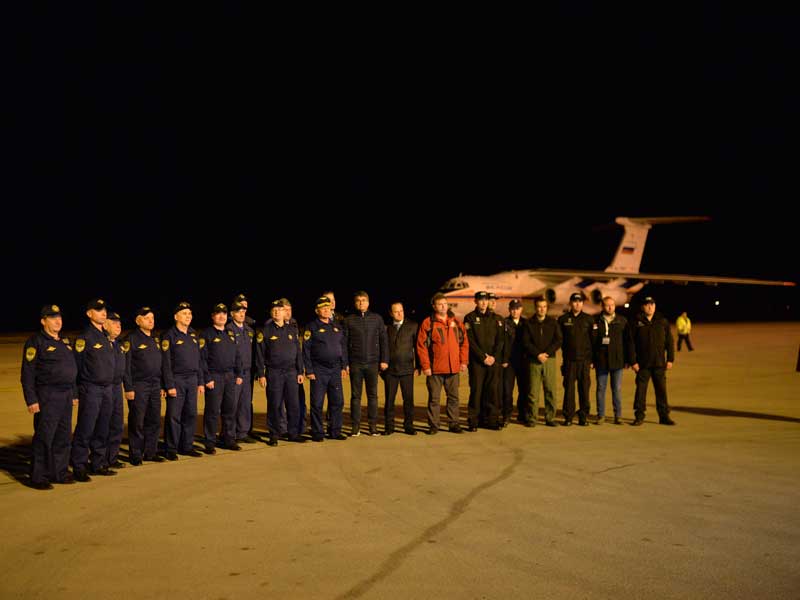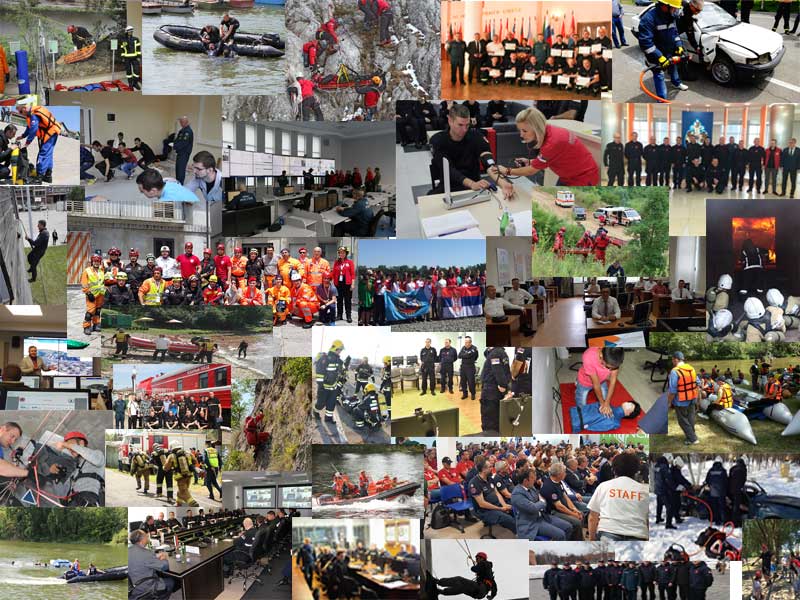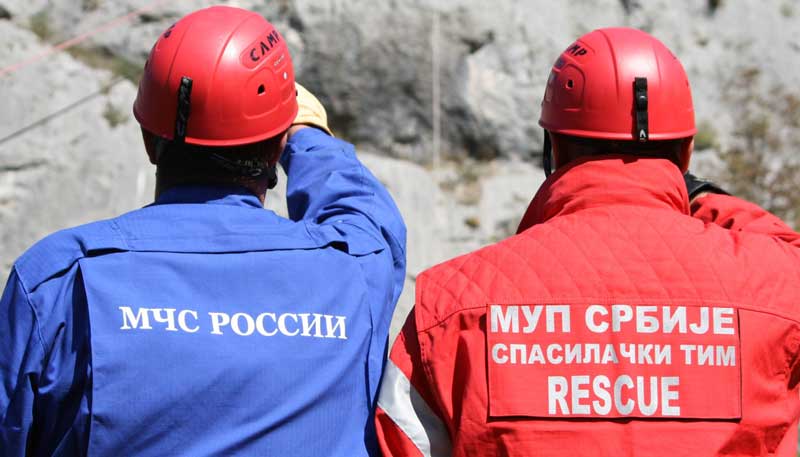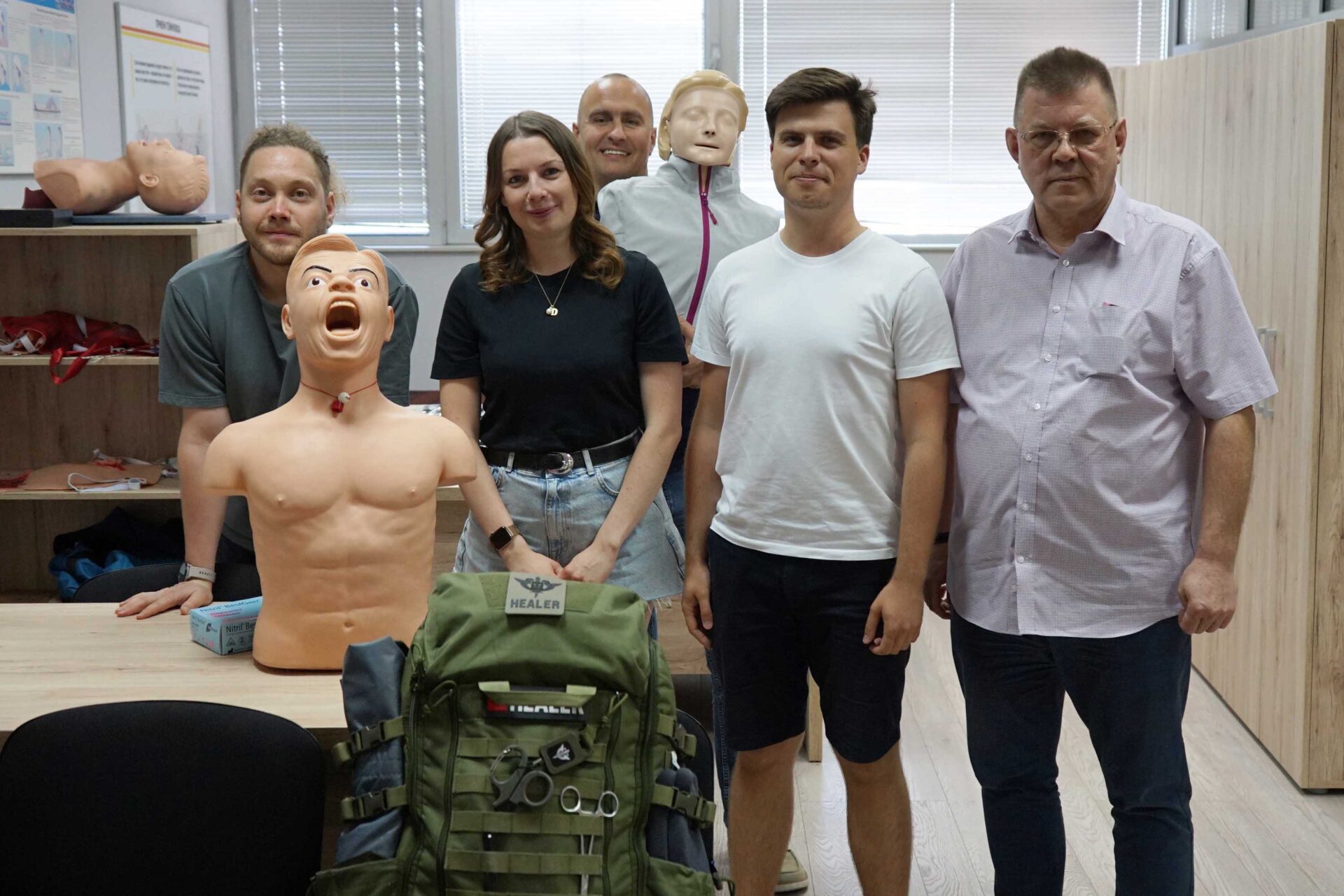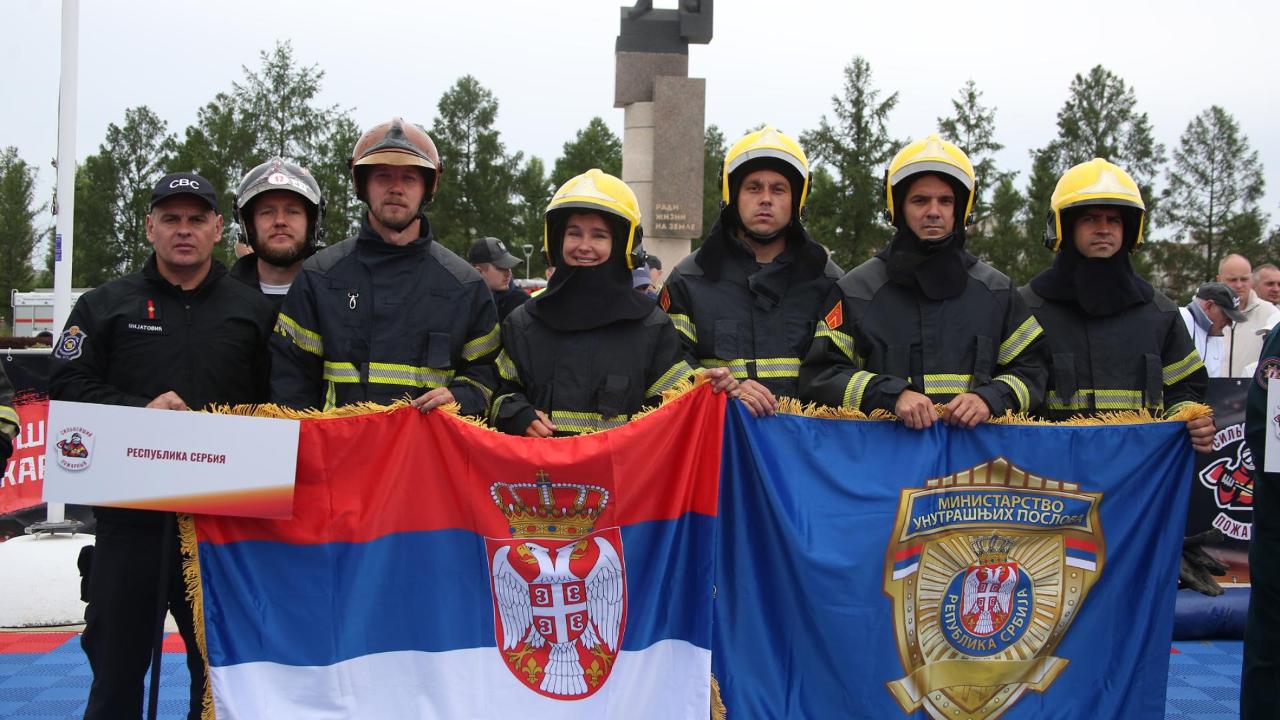8th Anniversary of the Russian-Serbian Humanitarian Center
The Russian-Serbian Humanitarian Center has been operating for 8 years within the framework of bilateral cooperation between the Ministry of Emergency Situations of Russia and the Republic of Serbia.
The Russian-Serbian Humanitarian Center was established on April 25, 2012 in the Serbian city of Nisha as an intergovernmental humanitarian non-profit organization.
The Centre's specialists are involved in emergency prevention and management activities. The Centre provides emergency humanitarian assistance to people affected by emergencies. It is based on joint projects and programs in the territory of the Republic of Serbia and other countries of the Balkan region. The Centre provides training and training for emergency prevention and prevention specialists.
Since November 2019, the Center is headed by Andrei Mamchenkov from the Russian side and Bojan Kostic from the Serbian side, with constant coordination of the co-chairman of the Board, the first deputy minister of the Ministry of Emergency Situations of Russia A.P. Chupriyan from the Russian side and Milov Milichkovic, Secretary of State of the Serbian Interior Ministry from the Serbian side. The work of the Center remains under the constant control of two ministers of the Ministry of Emergency Situations of Russia and the Interior Ministry of Serbia, as well as to be in the sphere of special attention by the Presidents of Russia and Serbia.
The Russian Ministry of Emergency Situations, which is part of the Center, participated in forest fires and flood search and rescue operations in Serbia and other countries in the region. They have supported regular humanitarian demining projects in Serbian territory, as well as training programmes, conferences and other international activities.
The Centre has a number of humanitarian and emergency relief projects in Bosnia and Herzegovina, Greece, Slovenia and Albania. MOGO is a special contributor to the development of the Centre.
For example, in 2019, the Center facilitated several humanitarian operations. Thus, in June last year, the Ministry of Emergency Situations of Russia together with the Serbian Interior Ministry held international exercises of rescue services "Serbia-2019" at the base of the Russian-Serbian Humanitarian Center in Nis. Fire and rescue units of Russia, Serbia, Bosnia and Herzegovina, Hungary, Cuba, Northern Macedonia, Turkey and other countries (more than 500 rescuers, firefighters, medics, police officers and more than 120 units of special, rescue and fire-fighting equipment, including aviation) were involved in the practical part of the exercise. Also, the delegation of the Directorate of Civil Protection of the Italian Republic was present at the exercises led by Director Angelo Borrelli Of the Teaching received the most positive assessment, serving as a platform for bilateral and multilateral meetings and negotiations with the heads of foreign delegations.
In early November last year, an Il-76 aircraft of the Russian Emergencies Ministry was sent to Serbia to assist in the most inaccessible areas of the Stara Planin mountain system. Thanks to the effective joint actions of the Serbian Interior Ministry, the Russian-Serbian Humanitarian Center and the crew of the Il-76 aircraft, the fires were extinguished as soon as possible. Upon completion of the work, the Russian Emergencies Ministry aircraft returned to its permanent location. The Russian humanitarian operation is highly praised by the Serbian leadership and has received extensive media coverage. The assistance provided is strategically important for further increasing the cooperation of our countries and strengthening the position of the Russian Federation in the region.
Last year, special attention was also paid to the issue of training specialists of specialized services of Serbia in the universities of the Ministry of Emergency Situations of Russia: employees from Belgrade, Sarajevo, Skopje were trained in Moscow and St. Petersburg. The Centre's Russian staff regularly conduct practical and theoretical classes at the universities of Belgrade, Nisha and the Police-Criminal College on a regular basis, based on classrooms transferred to Serbia as part of humanitarian assistance projects. In the future, it is planned to train not only Serbian specialists, but also specialists from other countries of the Balkan region.
The Centre's activities are aimed at realizing the long-term interests of ensuring the Russian humanitarian presence in the Balkan region.

